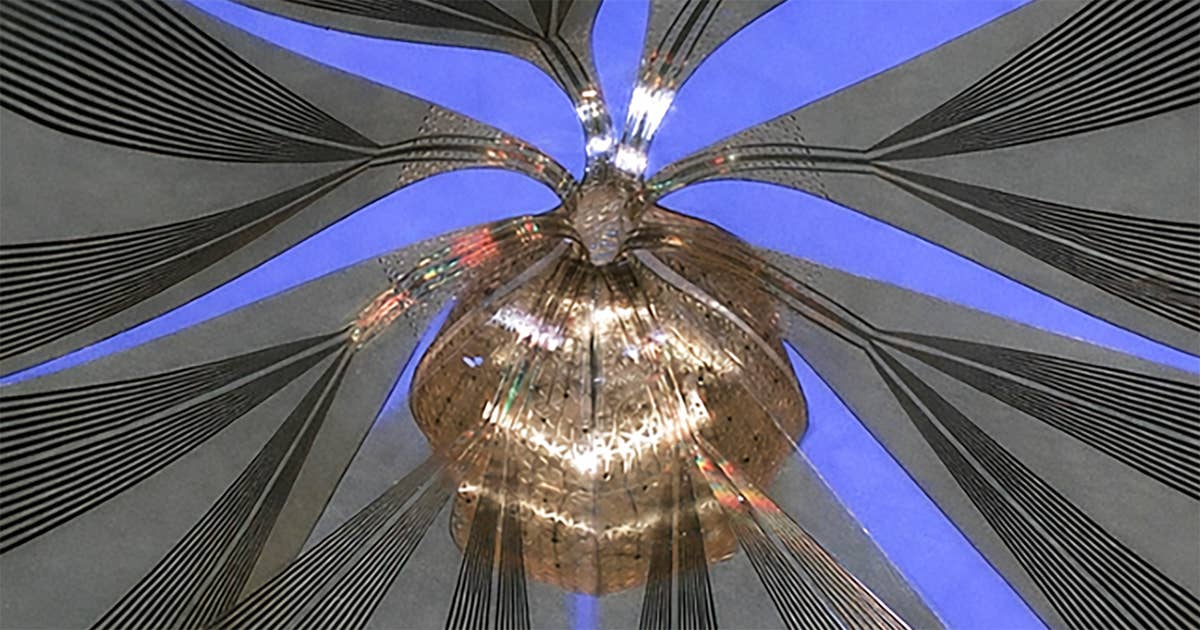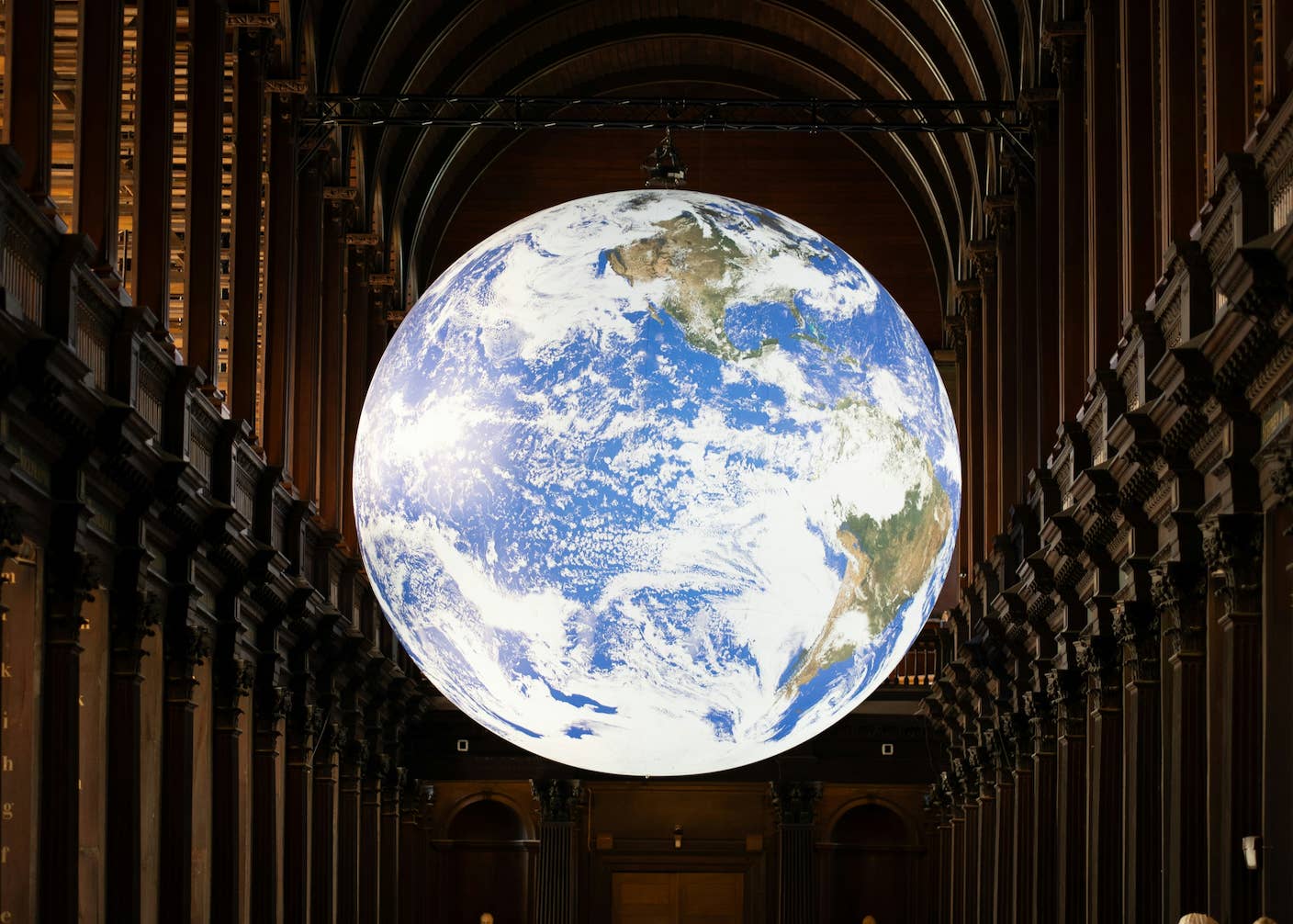This Week’s Awesome Tech Stories From Around the Web (Through September 19)

Share
ARTIFICIAL INTELLIGENCE
How to Give A.I. a Pinch of Consciousness
Chris Baraniuk | OneZero
"That higher, attentive level of processing is not always necessary — or even desirable — but it seems to be crucial for humans to learn new skills or adapt to unexpected challenges. A.I. systems and robots could potentially avoid the stupidity that currently plagues them if only they could gain the same ability to prioritize, focus, and resolve a problem."
HEALTH
Synthetic Biologists Have Created a Slow-Growing Version of the Coronavirus to Give as a Vaccine
Antonio Regalado | MIT Tech Review
"It might seem scary to imagine getting infected by the coronavirus on purpose, but attenuated-virus vaccines are common. The kids’ flu vaccine FluMist has a weakened influenza virus in it. And Serum Institute sells 750,000 doses a year of vaccines using live measles. The only disease ever successfully eradicated from the globe, smallpox, was wiped out with shots of a live virus."
COMPUTING
IBM Publishes Its Quantum Roadmap, Says It Will Have a 1,000-Qubit Machine in 2023
Frederic Lardinois | Tech Crunch
"Gil believes that 2023 will be an inflection point in the industry, with the road to the 1,121-qubit machine driving improvements across the stack. The most important—and ambitious—of these performance improvements that IBM is trying to execute on is bringing down the error rate from about 1% today to something closer to 0.0001%."
SPACE
Is There a Black Hole in Our Backyard?
Dennis Overbye | The New York Times
"What is an astrophysicist to do during a pandemic, except maybe daydream about having a private black hole? Although it is probably wishful thinking, some astronomers contend that a black hole may be lurking in the outer reaches of our solar system. All summer, they have been arguing over how to find it, if indeed it is there, and what to do about it, proposing plans that are only halfway out of this world."
Be Part of the Future
Sign up to receive top stories about groundbreaking technologies and visionary thinkers from SingularityHub.


NANOTECHNOLOGY
This Tiny Reproduction of Girl With a Pearl Earring Is 'Painted' With Light
Jennifer Ouellette | Ars Technica
"Scientists have fabricated tiny 'nanopillars' capable of transmitting specific colors of light, at specific intensities, which hold promise for improved optical communication and anti-counterfeit measures for currency. For proof of concept, they decided to digitally reproduce Dutch master Johannes Vermeer's famous painting Girl With a Pearl Earring—just painted in light instead of pigment."
ENVIRONMENT
Forget Planting Trees: This Company Is Making Carbon Offsets by Putting Seaweed on the Ocean Floor
Adele Peters | Fast Company
"Done at a large scale, the process could make a meaningful difference. A 2019 study that looked at the potential for seaweed farming to offset carbon emissions calculated that growing and sinking macroalgae in a tiny fraction of the federal waters off the California coastline could fully offset emissions from the state’s enormous agriculture industry, for example."
TECH
Is the Internet Conscious? If It Were, How Would We Know?
Meghan O'Gieblyn | Wired
"Does the internet behave like a creature with an internal life? Does it manifest the fruits of consciousness? There are certainly moments when it seems to. Google can anticipate what you’re going to type before you fully articulate it to yourself. Facebook ads can intuit that a woman is pregnant before she tells her family and friends. It is easy, in such moments, to conclude that you’re in the presence of another mind—though given the human tendency to anthropomorphize, we should be wary of quick conclusions."
Image credit: Juskteez Vu / Unsplash
Related Articles

New Device Detects Brain Waves in Mini Brains Mimicking Early Human Development

This Week’s Awesome Tech Stories From Around the Web (Through February 28)

Sparks of Genius to Flashes of Idiocy: How to Solve AI’s ‘Jagged Intelligence’ Problem
What we’re reading
